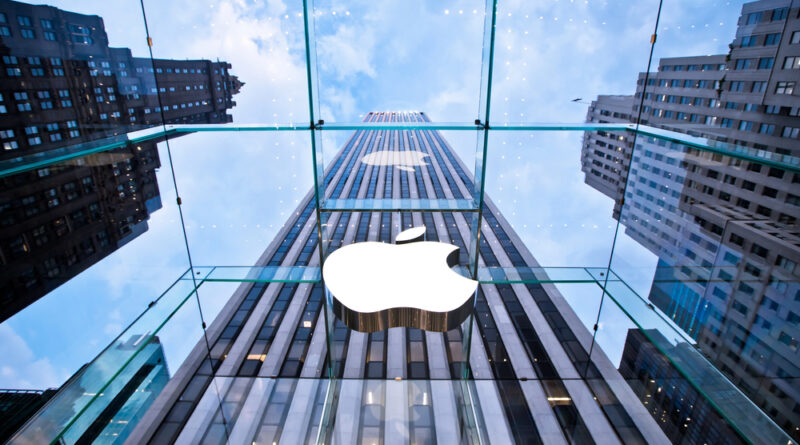Encryption’s Ironclad Future: Lessons from a Naïve Demand
The idea that any government could compel tech giants to unlock their own systems is now seen as a relic of misplaced optimism. Ciaran Martin, the former head of cyber security at GCHQ and inaugural chief executive of the National Cyber Security Centre, has bluntly dismissed the recent attempt by the UK government to force Apple into building a backdoor into its encryption services. His verdict? It was, simply put, naive.
A Government’s Gamble on Secrecy
Under the Investigatory Powers Act 2016, authorities believed they could discreetly request access to Apple’s encrypted data—access that would theoretically allow intelligence agencies to sift through emails, financial data, and even personal messages across the globe. The expectation was that this covert order could remain under wraps, shielded from the relentless gaze of public scrutiny and legal challenge. Yet, as Martin candidly explained in a recent conversation with New Scientist, this hope was always built on shaky ground.
“I just think the idea that this type of order against a company like Apple would work in secret was probably naive,” he noted, reflecting on a time when such requests might have passed unnoticed. In a digital landscape where leaks are just a click away, the assumption of perfect secrecy is a luxury no modern intelligence apparatus can afford.
The Clash of Titans: Governments vs. Tech Giants
The drama unfolded behind closed doors—until it didn’t. Neither the Home Office nor Apple has confirmed the details of the request, as doing so would break legal restrictions, yet the narrative is clear. Apple has steadfastly maintained its position, proclaiming that it has never built a master key into its systems and has no intention of doing so. The company’s recent decision to halt its Advanced Data Protection service for new UK users further underscores its commitment to an uncompromised security model.
Martin’s perspective is not one of unfounded cynicism, but of hard-earned realism. During his tenure at GCHQ, he witnessed firsthand the tensions that can erupt when government needs clash with the immutable realities of technological advancement. “At the end of the day,” he says, “governments must accept that uncrackable encryption is here to stay.” His words carry the weight of experience and a cautionary tale for any state that still believes it can bend the will of global tech titans.
A Shift in the Digital Power Balance
The episode marks a turning point—a symbolic end to an era where governments could demand secret concessions from corporations in the name of national security. Instead, the battleground has shifted. Digital privacy is no longer negotiable, and the fortress walls built by encryption are proving too resilient to be breached by mere orders or covert directives.
Martin’s insights echo a broader industry consensus: while governments may have the mandate to protect citizens, they must also reconcile with a world where privacy is paramount and encryption is a cornerstone of digital trust. The challenges posed by cybercrime and national security are real, but they demand solutions that do not compromise the very liberties they are meant to safeguard.
Moving Forward in a Transparent World
As the debate over privacy, security, and government oversight continues to rage, Martin’s message is clear. Instead of chasing an illusion of secret control, policymakers should focus on innovative, collaborative approaches to security that respect the digital rights of individuals. It’s a call for balance—a recognition that while the threats of the digital age are serious, the tools we use to combat them must not undermine the freedoms we cherish.
In the final analysis, the saga of the UK’s request for Apple to crack its own encryption is a lesson in humility. It reminds us that in the fast-evolving realm of cyber security, some technological truths—like the permanence of unbreakable encryption—are simply non-negotiable. And as governments around the world come to terms with this new digital reality, the era of secret orders and covert backdoors is drawing to a definitive close.
Photo Credit: DepositPhotos.com

